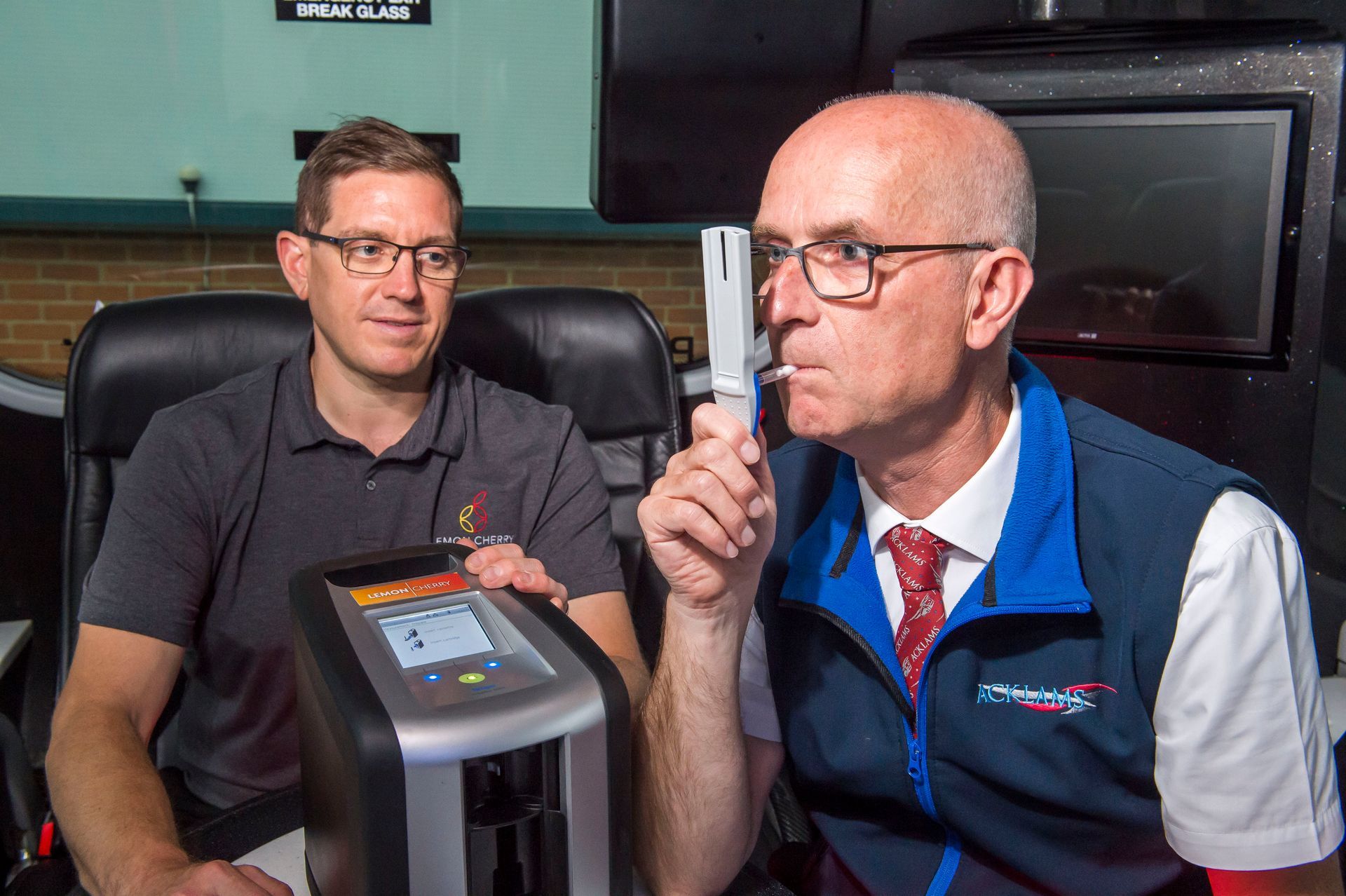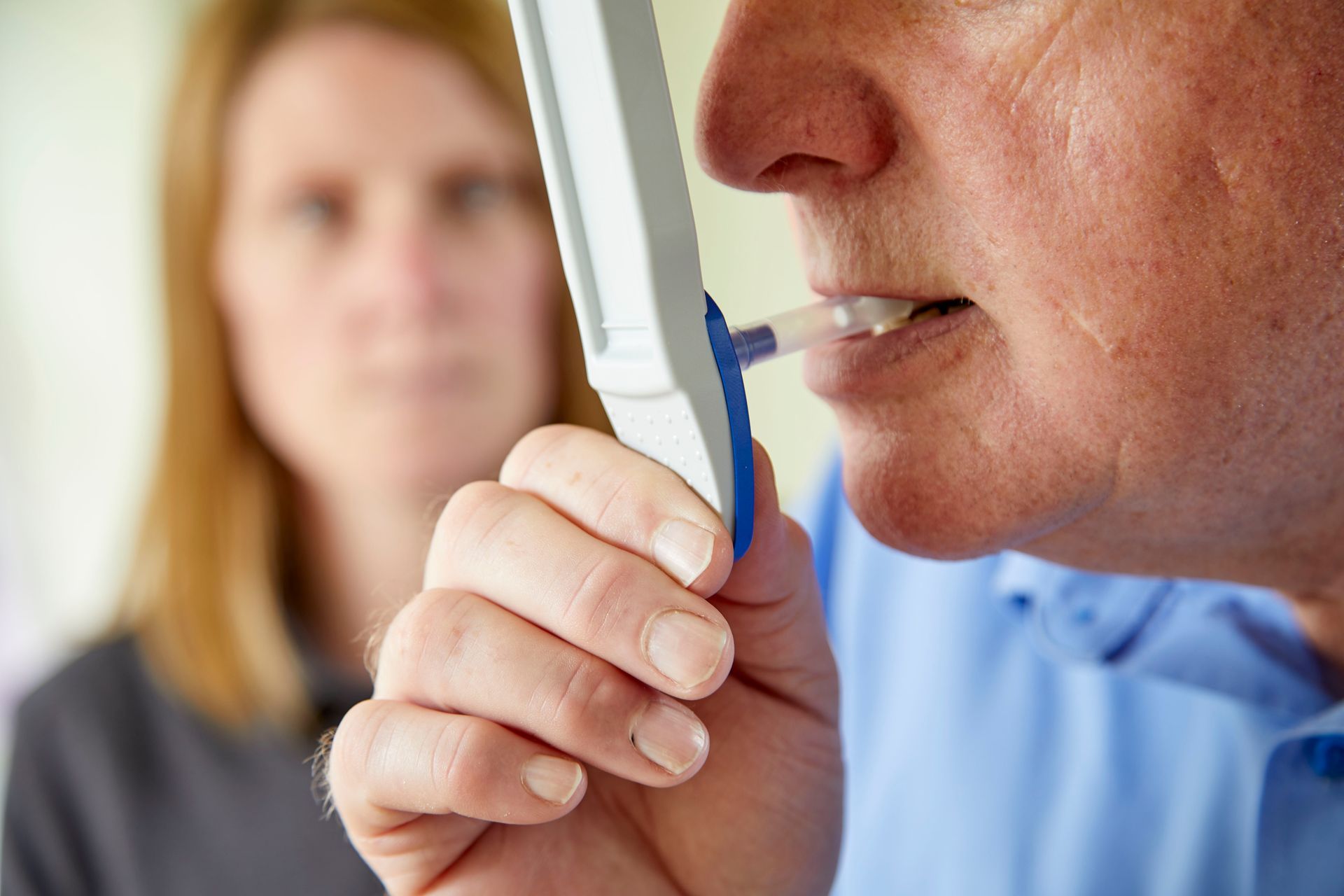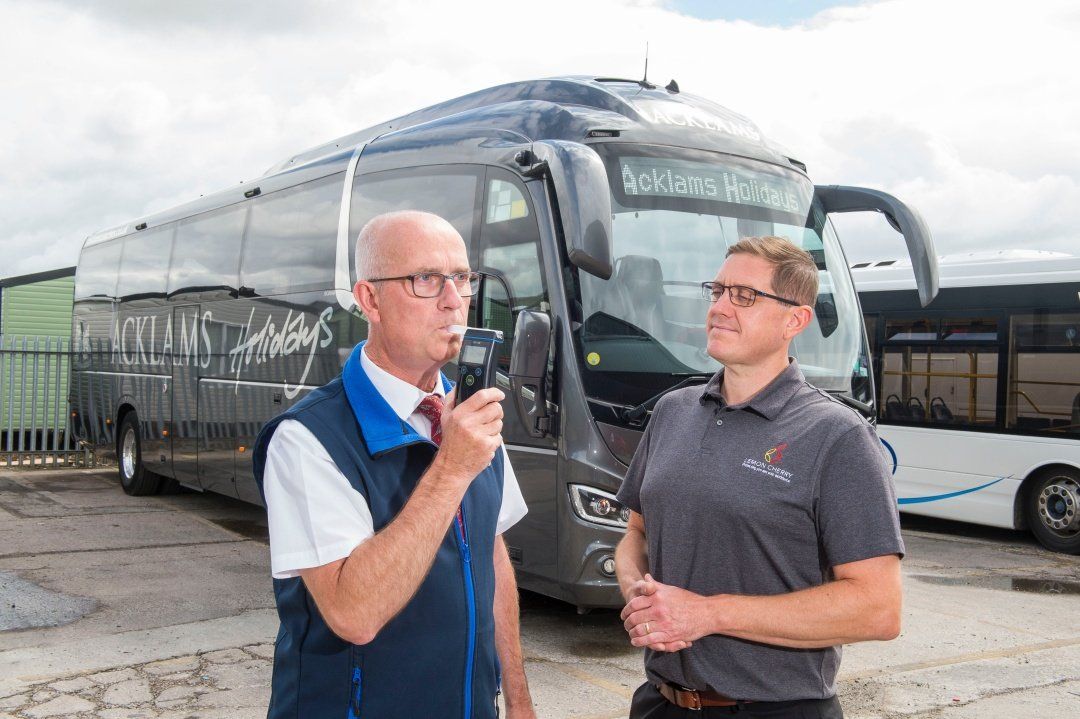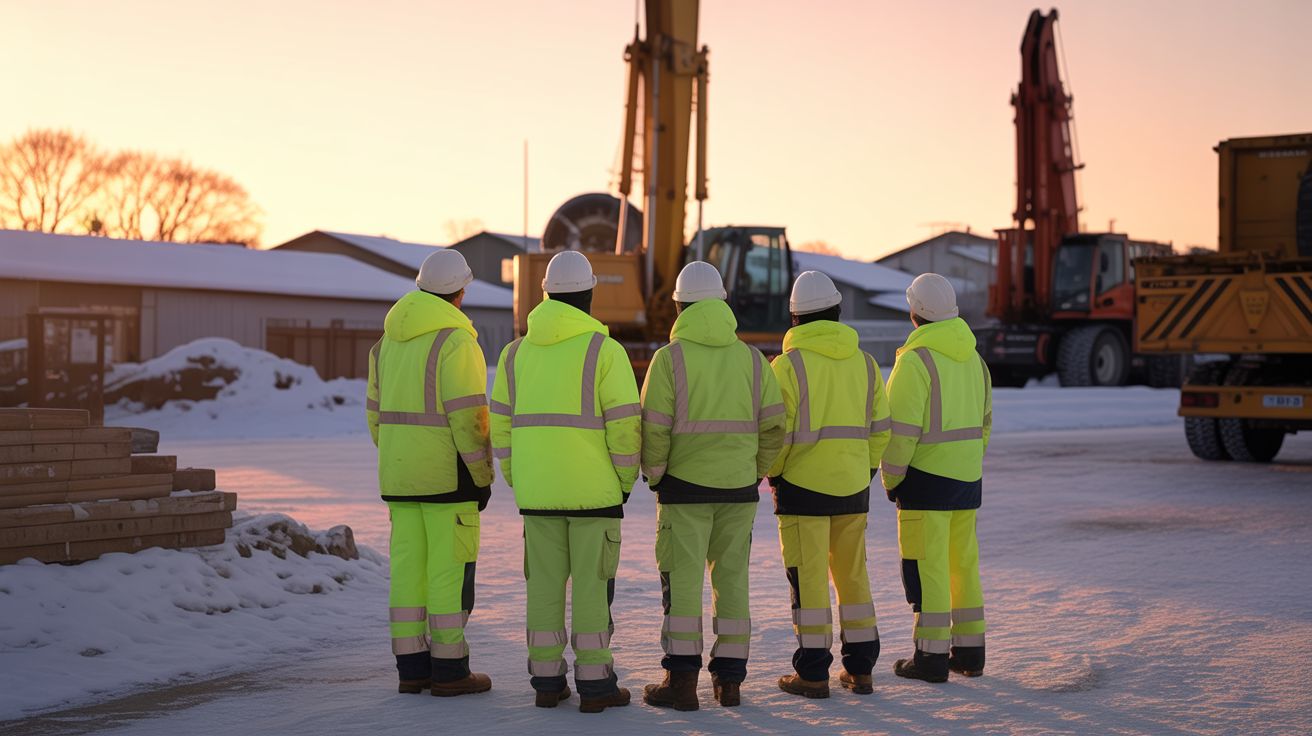
Wednesday afternoon, 3:15 PM. Lisa stares at her staffing spreadsheet for the third time today. Her Yorkshire retail warehouse has taken on 23 seasonal workers since Halloween. Peak Christmas trading starts Monday. And she's just realised something that makes her stomach drop.
Eighteen of those 23 workers haven't been screened for drugs and alcohol. They're operating forklifts, handling high-value stock, and working 12-hour shifts in her high-pressure environment. Without proper screening protocols in place.
November in Yorkshire means one thing for employers: peak seasonal hiring season is in full swing and most are already dangerously behind on compliance.
The November Reality Check
While permanent staff were screened months ago, seasonal workers often slip through cracks that widen under Christmas pressure. Distribution centres are running double shifts. Retailers are stocking for Black Friday. Construction projects are racing to finish before winter weather hits hard.
In this rush, drug and alcohol screening becomes an afterthought. Until it becomes a crisis.
Consider James, who manages a Leeds construction crew. Last November, he hired eight seasonal workers to complete a commercial project before the January freeze. No time for full screening, he thought. Just get them working.
On 14th December, one seasonal worker failed a random test. The entire project ground to halt during the investigation. Client confidence collapsed. The £45,000 contract became a £12,000 loss when delays pushed completion into February.
All because November urgency overruled November compliance.
Why November Makes Everything Worse
Compressed timeframes: "We need them working Monday" becomes the standard recruitment cry.
Seasonal depression factors: November's darker days increase prescription medication use that affects screening results.
Agency complications: Temporary staffing agencies often prioritise speed over screening thoroughness.
Weather pressures: Earlier darkness and unpredictable weather make testing logistics more complex.
Holiday proximity: Workers know Christmas is coming. Some may take risks with substances they'd normally avoid.
The Hidden Cost of Delayed Screening
Sarah manages a Doncaster warehouse. Last November, she hired 15 seasonal packers through an agency. "They're pre-screened," the agency promised. She discovered in January this meant a basic disclosure check; no drug and alcohol testing.
When a January incident required post-event screening, three workers tested positive. The investigation revealed they'd been working impaired for weeks during the peak Christmas period. Client complaints, insurance issues, and reputation damage followed.
Total cost of that "time-saving" decision: £23,000 in direct costs, plus immeasurable reputation damage.
The November Compliance Framework
Pre-Hiring Requirements
Before any seasonal worker starts:
- Full drug and alcohol screening completed
- Results reviewed and documented
- Clear policy explanation provided
- Random testing pool integration confirmed
- Supervisor notification completed
No exceptions. No "just this once." No "we'll catch up later."
Agency Partnership Standards
Your staffing agencies must guarantee:
- All workers screened within 48 hours of placement
- Full documentation provided immediately
- Clear understanding of your workplace policies
- Integration into your random testing programmes
- Emergency contact details for all placements
If they can't deliver this, find agencies that can.
Accelerated Screening Protocols
For urgent placements:
- Same-day screening appointments available
- Clear timeline from test to start date
- Backup worker arrangements if screening fails
- Temporary restrictions until full results confirmed
- Manager briefings on provisional workers
Documentation Requirements
Every seasonal worker file must contain:
- Pre-employment screening results
- Policy acknowledgment signatures
- Random testing pool inclusion confirmation
- Prescription medication declarations
- Emergency contact information
- Clear start and end date documentation
The Agency Screening Trap
"Our workers are all pre-screened", the most dangerous phrase in seasonal recruitment.
Pre-screened for what? When? By whom? With what standards?
Most agency "pre-screening" means basic identity checks, maybe a criminal background review. Rarely comprehensive drug and alcohol testing to your workplace standards.
Critical questions for every agency:
- "What specific drug and alcohol tests do you conduct?"
- "When were these workers last tested?"
- "Can you provide detailed results documentation?"
- "Do they understand our specific workplace policies?"
- "Are they available for immediate random testing?"
Vague answers mean inadequate screening.
The November Action Plan
Week 1: Immediate Assessment
- List all seasonal workers hired since October 1st
- Identify those without full screening
- Schedule urgent screening appointments
- Brief managers on provisional worker protocols
Week 2: System Implementation
- Update agency contracts with screening requirements
- Establish accelerated screening procedures
- Brief HR team on November compliance standards
- Set up emergency screening appointment slots
Week 3: Documentation Catch-Up
- Complete all outstanding worker files
- Update random testing pools
- Confirm manager understanding of policies
- Schedule compliance audit for December
Week 4: Prevention Planning
- Identify potential December hiring needs
- Pre-arrange screening appointments
- Brief agencies on Christmas period requirements
- Prepare for potential weather disruptions
The December Prevention Strategy
Smart employers are already planning December requirements. Christmas shopping peaks, winter weather disruptions, and January staff shortages are predictable.
Book screening appointments now for workers you'll need in December. Brief agencies about your standards before you need urgent placements. Establish weather-proof testing procedures while you still have time.
Real-World November Scenarios
The Black Friday Scramble: Retail warehouses suddenly need 30% more staff. Screening can't be skipped just because Amazon needs same-day delivery.
The Construction Race: Building projects push to complete before winter weather. New workers can't compromise site safety standards.
The Christmas Logistics Crunch: Distribution centres handle peak volumes. Impaired workers operating machinery isn't acceptable under any timeline pressure.
What Happens When You Get It Right
Michael runs a Sheffield logistics operation. Every October, he pre-books screening appointments for anticipated November hires. His agency partners understand his requirements months in advance. When seasonal demand spikes, his workers are screened, briefed, and ready within 24 hours.
Result: zero compliance issues, no delayed starts, no December surprises. His operation runs smoothly while competitors scramble.
The Compliance Insurance Policy
November seasonal worker screening isn't optional bureaucracy. It's insurance against Christmas catastrophes.
Every year, Yorkshire employers discover too late that seasonal workers without proper screening create disproportionate risks. The pressure to get people working quickly often creates problems that surface during the most critical trading period.
The employers who get this right in November have smooth Decembers. Those who skip screening face January reckonings that can damage their business permanently.
November is already here. December pressures are building. Which type of Christmas are you planning?
Ready to ensure your seasonal workers meet the same safety standards as permanent staff? Contact us for urgent screening appointments and accelerated compliance programmes that protect your business during peak trading periods.












